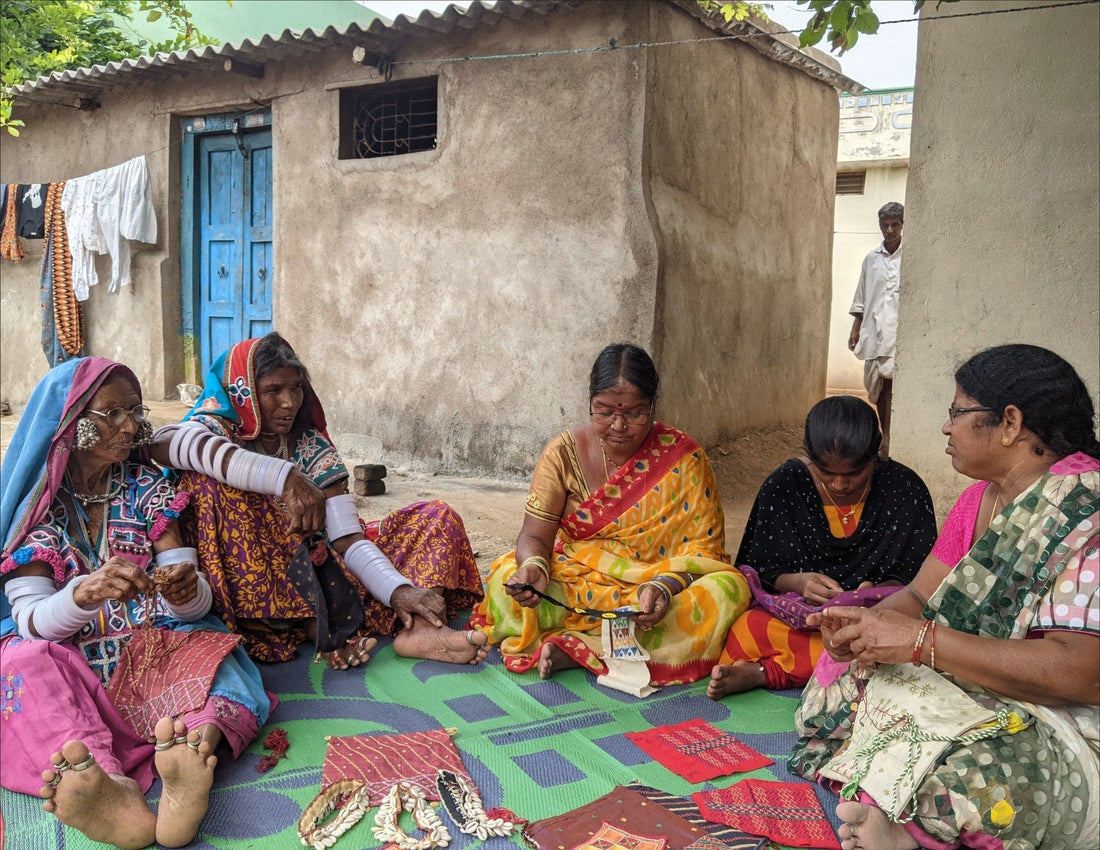
Craft was never just Art, it was Survival:
For generations across India, weaving wasn’t a profession, it was a way to survive, to provide, to preserve dignity. Homes were built not with cement, but with craft. Families were raised with cloth spun by hand, not machines. These were not designers or artists in the traditional sense, but makers who shaped the nation one thread at a time. The loom was more than a tool. It was identity.
But the looms have gone quiet now. There are no more orders. No more demand. No dignity attached to the skill. My grandparents stopped weaving not because they forgot how to, but because the world forgot to value it.
During British rule, Indians boycotted foreign cloth. They spun and wore khadi, not because it was easier, but because it was ours. It was a political statement. A quiet revolution of thread. People like my grandparents and thousands of weavers like them were the backbone of that movement. They didn’t just clothe the country. They stood for it.
But today?
We say we’re “independent,” yet we still choose foreign brands. We ignore the very hands that once helped us resist colonization. We’re not under the British rule anymore, but we’re still living by their rules, ignoring our own by choosing imported labels over handmade looms.
Here’s the truth: these crafts are not dying because they’re irrelevant. They’re dying because we’ve stopped showing up for them.
If we really want to help, we have to start doing more than just admiring craft, we have to stand up for the people behind it. That means buying directly from artisans or from brands that work with them, not above them. It means stopping the question, “Why is this so expensive?” and instead asking, “Who made this? Were they paid enough?” It means supporting organizations who aren’t just selling handmade clothes but restoring dignity to the very hands that once spun our freedom into fabric. Most of all, it means realizing that for many, craft isn’t just about tradition or design, it’s survival. It always has been.
Here at Prapta, we believe in this deeply. We exist to preserve what matters, to protect what’s vanishing, and to remind people that handmade isn’t old-fashioned, it’s human. Our founder didn’t choose this path because it was easy. She chose it because someone had to be their voice. She chose it, “Because if we don’t tell their stories, they’ll be forgotten. And they don’t deserve that.”
They deserve better.
And we’re here to do our part, one thread at a time.
